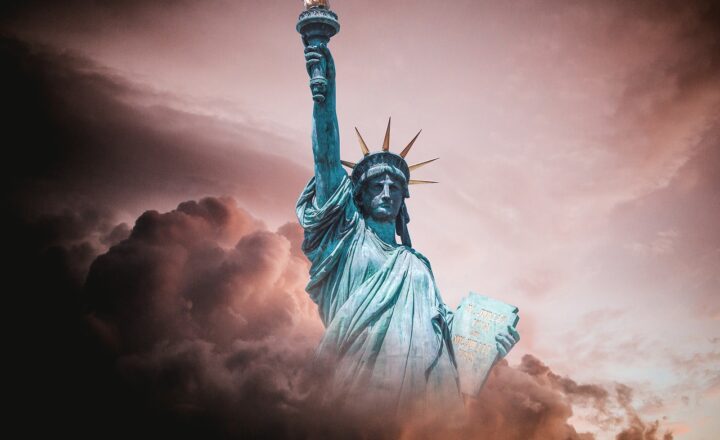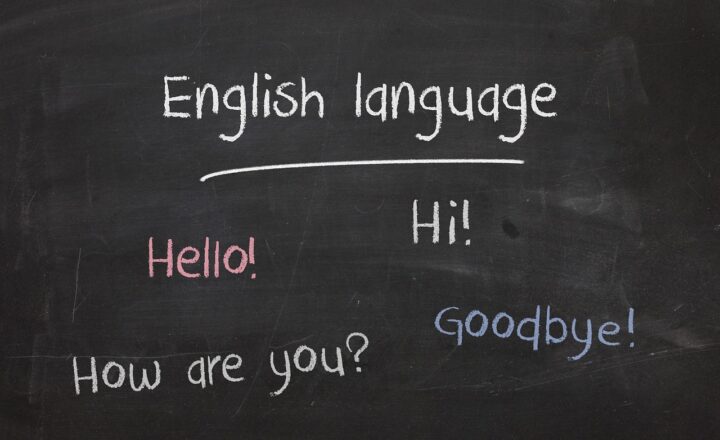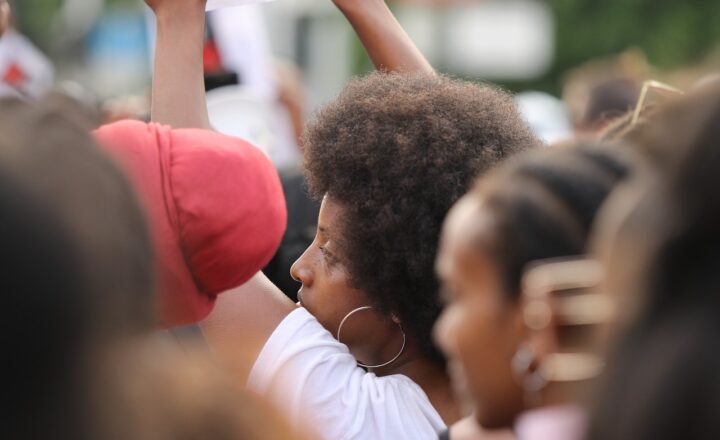Politics and Culture: How History Has Shaped Society’s Viewpoint
November 18, 2024

The relationship between politics and culture is a complex and evolving dialogue. Throughout history, events such as wars, revolutions, and social movements have made lasting impacts on societal viewpoints and cultural norms. This article will delve into how the past has shaped contemporary political environments and cultural identities, highlighting key moments and movements that illustrate this dynamic interplay.
1. The Foundations: Ancient Civilizations and Political Thought
To understand the contemporary relationship between politics and culture, we must first explore the philosophical roots laid by ancient civilizations. Societies like Mesopotamia, Ancient Egypt, Greece, and Rome established the groundwork for political thought that still resonates today.
For example, the Greeks introduced the concept of democracy. Thinkers like Plato and Aristotle debated governance styles, emphasizing the importance of civic involvement and ethical leadership. This early influence forged societal ideals regarding authority and justice that continue to shape modern perspectives on governance.
The feudal systems of medieval Europe also left a mark. The power dynamics of lords and vassals instilled notions of loyalty and service which, although often oppressive, found their way into modern political systems, nurturing expectations about social contract and authority.
2. Major Political Movements and Their Cultural Backdrops
Major historical events tend to transform societies in profound ways. Let’s examine several key movements that epitomize the interplay of politics and culture:
– The Renaissance: Emerging from the ashes of the Middle Ages, the Renaissance was a cultural movement that encouraged individualism and humanism, challenging the political structure dominated by the Church and monarchies. This era paved the way for modern democratic ideals, emphasizing reason, inquiry, and the rights of individuals.
– The American Revolution (1775-1783): Fueled by Enlightenment ideas, the revolution emphasized liberty, equality, and democratic governance. It resulted in significant cultural shifts towards individual rights, which influenced both Europe and the formation of modern democracies worldwide.
– The Civil Rights Movement (1950s-1960s): This movement sought to end racial segregation and discrimination, radically altering societal views on race, justice, and equality. Figures like Martin Luther King Jr. and Malcolm X became cultural icons, representing the struggle for civil liberties and actively shaping national identity.
The correlations between these movements and cultural change are indisputable; they reveal how struggles for political legitimacy often reflect broader shifts in cultural consciousness.
3. Globalization: Culture and Politics in a Connected World
The advent of globalization has further complicated the relationship between politics and culture. It has allowed for the rapid spread of ideas and cultural norms, shaping public opinion and political agendas worldwide.
– Cultural Imperialism: This concept speaks to the dominance of certain cultures over others, often through media and consumerism. Political structures in various nations have been influenced by the infiltration of foreign culture, leading to both enhancement of cultural diversity and a pushback against perceived threats to local identities.
– The Internet and Social Movements: The role of social media in political activism, seen prominently during the Arab Spring, demonstrates how culture can mobilize political action. Digital platforms have allowed for unprecedented connections, enabling cultural narratives that fuel political change.
As societies navigate this interconnected landscape, the cultural ramifications of political decisions have become increasingly pronounced, emphasizing the symbiotic relationship between these domains.
4. Pop Culture and Political Discourse
Pop culture—from music to cinema—plays a pivotal role in shaping societal narratives and political opinions. Iconic films, protest songs, and literature often reflect the zeitgeist and can influence political thought.
– Film and Documentaries: Movies like “Schindler’s List” and documentaries such as “13th” expose audiences to historical injustices, encouraging reflection on contemporary issues surrounding human rights and social justice.
– Music as Protest: Genres like folk, hip-hop, and punk have often acted as vehicles for political messaging. Artists like Bob Dylan, Kendrick Lamar, and Rage Against the Machine effectively use their platforms to voice dissent and spark conversations around political issues.
Through these cultural expressions, societies can engage with complex political issues, fostering discourse and often leading to social change.
5. Conclusion: The Ongoing Dialogue Between Politics and Culture
The intersection of politics and culture is an ongoing dialogue that shapes societal viewpoints across time and geography. Understanding this relationship offers valuable insights into how historical events continue to mold modern political climates and cultural identities.
As we grapple with contemporary challenges—be it climate change, inequality, or social justice—the lessons of the past remain crucial in guiding societal responses. Recognizing the intertwined nature of politics and culture can empower individuals to engage more meaningfully in political discourse and reflect on how history continues to inform present viewpoints.
The journey ahead requires not only an awareness of historical patterns but the courage to advocate for a culture that promotes justice, equity, and mutual respect. Only through this engagement can we hope to build a society that learns from history to create a brighter, more inclusive future.







